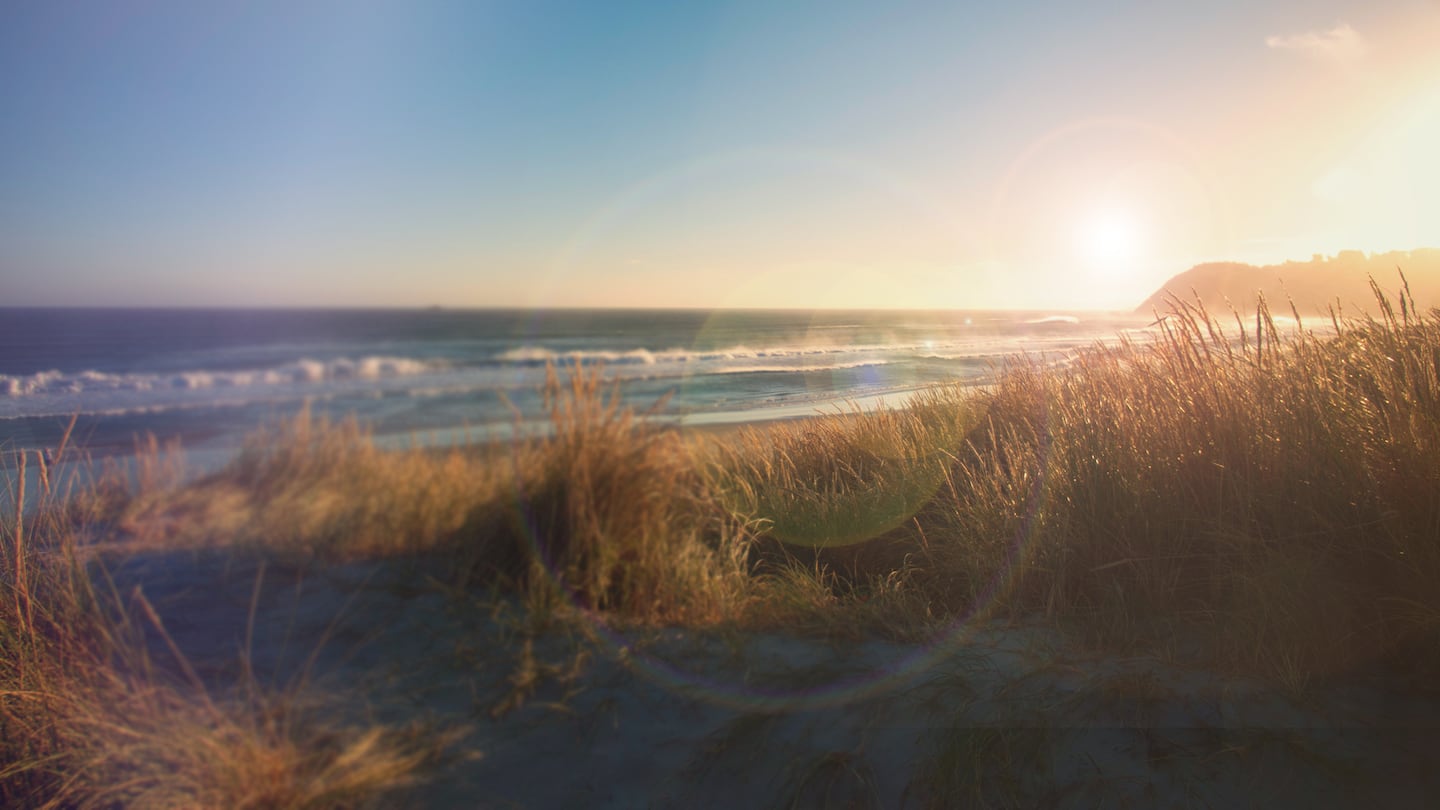The Supreme Court has delivered a significant win for Māori customary rights, confirming that iwi and hapū can be granted customary marine title (CMT) over navigable riverbeds within the marine and coastal area.
In a decision released today, the Court found that historic coal mining legislation – the Coal Mines Act 1979 and its 1903 predecessor – did not extinguish Māori customary rights to the beds of navigable rivers. The Coal Mines Act was a central legal point for the most precedent-setting parts of the case.
The ruling means that, where the statutory tests are met, these riverbeds can be included in CMT orders under the Marine and Coastal Area (Takutai Moana) Act 2011 (MACA).
The case, Whakatōhea Kotahitanga Waka (Edwards) and Others v Ngāti Ira o Waioweka and Others, is the second major Supreme Court judgment in a long-running series of claims over takutai moana in the eastern Bay of Plenty.
It follows the Court’s earlier clarification in 2024 of the legal threshold for proving CMT under section 58 of MACA.
Major implications for MACA claims
The ruling comes just a week after the government confirmed it will press ahead with changes to MACA that would restore a higher threshold for CMT, despite strong opposition from iwi leaders and legal experts, and a previous Supreme Court judgment that appeared to weaken the case for reform.
Treaty Negotiations Minister Paul Goldsmith has said the changes are needed to “restore Parliament’s original test”, but many argue, including the architect of the bill, Chris Finlayson, who was the Minister at the time, that this is not true; the reforms undermine recognition of Treaty rights.
Ngāti Ira welcomed today’s judgment, saying it affirms their tino rangatiratanga over their Takutai Moana, rights they have maintained since time immemorial and which were guaranteed under Te Tiriti o Waitangi. “Our customary rights to our coastal waters and marine areas have never been extinguished,” said spokesperson Te Ringahuia Hata.
Edwards’
The Supreme Court decision resolves seven separate appeals, addressing disputes between different Whakatōhea hapū, other iwi, and the Crown over various parts of the eastern Bay of Plenty coastline, river mouths, and offshore islands. Key findings include:
- Navigable rivers – Customary rights to navigable riverbeds were never lawfully extinguished by past legislation, meaning they can be included in CMT orders if other statutory criteria are met.
- Edwards’ application – The Court upheld lower court findings that the late Claude Edwards’ iwi-wide application no longer held mandate, with hapū rights taking precedence where hapū no longer support an iwi-wide claim.
- Te Upokorehe – The hapū’s claim to exclusive rights over Ōhiwa Harbour was rejected, with the Court finding evidence supported shared exclusivity.
- Ngāti Muriwai – Recognised as an applicant group entitled to participate in CMT orders and confirmed as holding protected customary rights.
- Kutarere Marae – Recognised as an applicant group for negotiation with the Crown.
- Whakaari and Te Paepae o Aotea – The question of CMT over these offshore islands is to be reconsidered by the High Court, after the Supreme Court found previous courts had failed to account for the unique offshore context.
The ruling also amends and clarifies boundaries for existing CMT orders in the Ōhiwa Harbour.
Ongoing political and legal tensions
The decision is expected to influence ongoing and future MACA cases nationwide, particularly those involving river mouths and estuaries.
It also lands in the middle of the debate with the government’s proposed law changes, seen by many Māori as undermining the very rights this judgment confirms.
Last week, iwi leaders warned they would “fight” the reforms, accusing the Crown of ignoring the Supreme Court’s authority.
Today’s ruling is likely to strengthen those calls and could set up a direct clash between judicial recognition of Māori rights and legislative moves to limit them.




